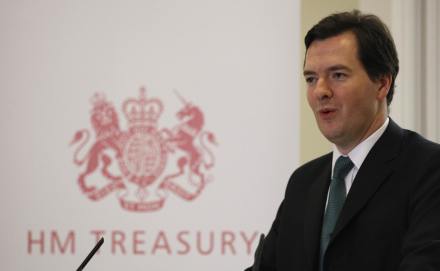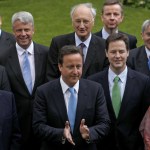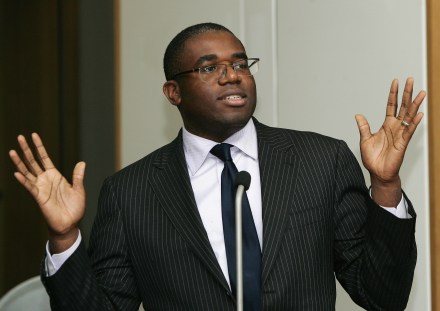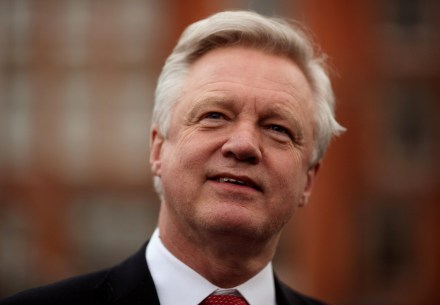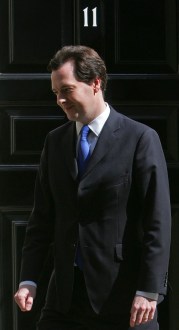Calling Osborne’s bluff
I’ve just read through George Osborne’s speech to the CBI annual dinner last night, and there’s much in there about free markets and tax cuts that will encourage Tory supporters. But one passsage seemed a little strange to me: “And on the subject of coalitions, let me be absolutely frank. As a member of the negotiating team, we did consider whether we could try to bluff our way into a minority government. But it was David Cameron’s bold vision and Nick Clegg’s great foresight which saw, before anyone else, that that option would be the greatest compromise of all. A weak, unstable government, risking defeat night after night in Parliament.
